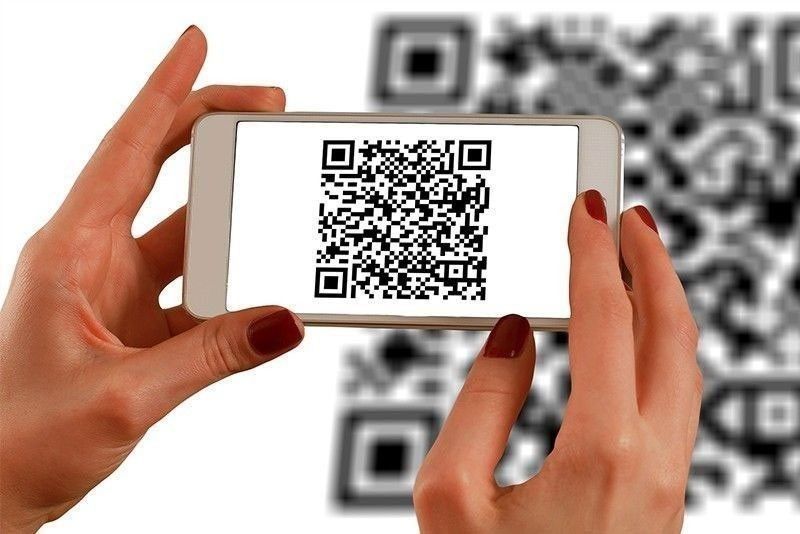BSP keeps InstaPay, PESONet fees steady

MANILA, Philippines — The Bangko Sentral ng Pilipinas (BSP) is not allowing banks and financial institutions to raise fees on electronic fund transfers via InstaPay and PESONet until charges on small value transactions are lifted.
The central bank’s Monetary Board issued Resolution 1599 on Dec. 7 maintaining the moratorium on InstaPay and PESONet fees that was implemented since Dec. 28, 2021.
As part of its efforts to promote digitalization, the regulator issued Memorandum M-2021-071 in December 2021, instructing financial institutions that participate in the InstaPay and PESONet automated clearing houses not to increase their fund transfer fees.
BSP Governor Eli Remolona Jr. said the moratorium on fee increases for InstaPay and PESONet transactions would be lifted once zero fees are operationalized by the payment industry for small e-payments.
Remolona has been urging banks and financial institutions to waive the fees for small value electronic fund transfers or those amounting to below P1,000.
The BSP chief said it would continue to work with the payments industry to lower, if not eliminate, fees imposed on small electronic payments.
“Accordingly, the moratorium on fee increases for InstaPay and PESONet transactions shall be lifted, subject to BSP review once zero fees are operationalized by the payments industry for small e-payments,” Remolona said.
He said the BSP would also continue to work with the payments industry to lower or eliminate fees imposed on small electronic payments.
“The reduction or removal of transfer fees for small e-payments supports our vision of digitalization and inclusivity. We are engaging the industry through dialogue to explore ways to reduce or completely eliminate fees for small-value transactions,” he said.
Data from the BSP showed that banks and financial institutions charges between P8 and P25 per InstaPay transaction and P5 to as much as P500 per PESONet transaction.
Remolona issued Memorandum M-2023-037 informing clearing participants of InstaPay and PESONet automated clearing houses about the decision of the Monetary Board to extend the effectivity of the moratorium on fee increases.
“Hence, participants who currently charge transfer fees for person-to-person fund transfers via InstaPay and PESONet are directed to maintain said fees. Relevant transfer fee that is currently waived may only be restored up to the amount of fee reported to the BSP prior to the waiver,” he stated in the order.
Meanwhile, he said participants that do not currently impose transfer fees should submit for prior BSP approval any fee to be imposed on their customers for initiating fund transfers on InstaPay and PESONet.
He pointed out that the BSP continues to encourage Filipinos to actively use their accounts for digital payments, savings and investments.
“The central bank is working with the industry to bring more of our countrymen into the fold of the formal financial system,” he said.
Remolona stated in the memorandum that institutions planning to introduce fees for new fund transfer services shall apply for prior BSP approval.
The proposed fees, he added, must also be reported to the central bank 60 days before implementation.
The Philippine Payments Management, Inc., the industry body that oversees the operation of PESONet and InstaPay, was tasked to monitor regulatory compliance of its members and promptly report any issues to the BSP for appropriate action.
Non-compliant members shall be subject to the BSP’s supervisory and enforcement actions under Republic Act 11127 or the National Payment Systems Act and RA 7653 or the New Central Bank Act, as amended.
As part of its commitment to transform the Philippines into a cash-lite economy, the BSP continues to foster reasonable, competitive, and transparent pricing mechanisms, while advocating the reduction of digital payment fees, particularly for small e-payments.
Under its Digital Payments Transformation Roadmap, the central bank aims to shift 50 percent of total retail transactions to electronic channels and increase the number of banked Filipino adults to 70 percent by the end of 2023.
With COVID-mobility restrictions serving as catalyst, the share of digital payments to total retail transactions increased further to 42.1 percent in 2022 from 30.3 percent in 2021, while the number of banked Filipino adults almost doubled to 56 percent in 2021 from 29 percent in 2019.
Latest data from the central bank showed that the earnings of Philippines banks went up by 10.4 percent to P270.35 billion from January to September versus last year’s.
During the nine-month period, earnings from fees and commission amounted to P103.4 billion from P89.36 billion a year ago.
- Latest
- Trending
































